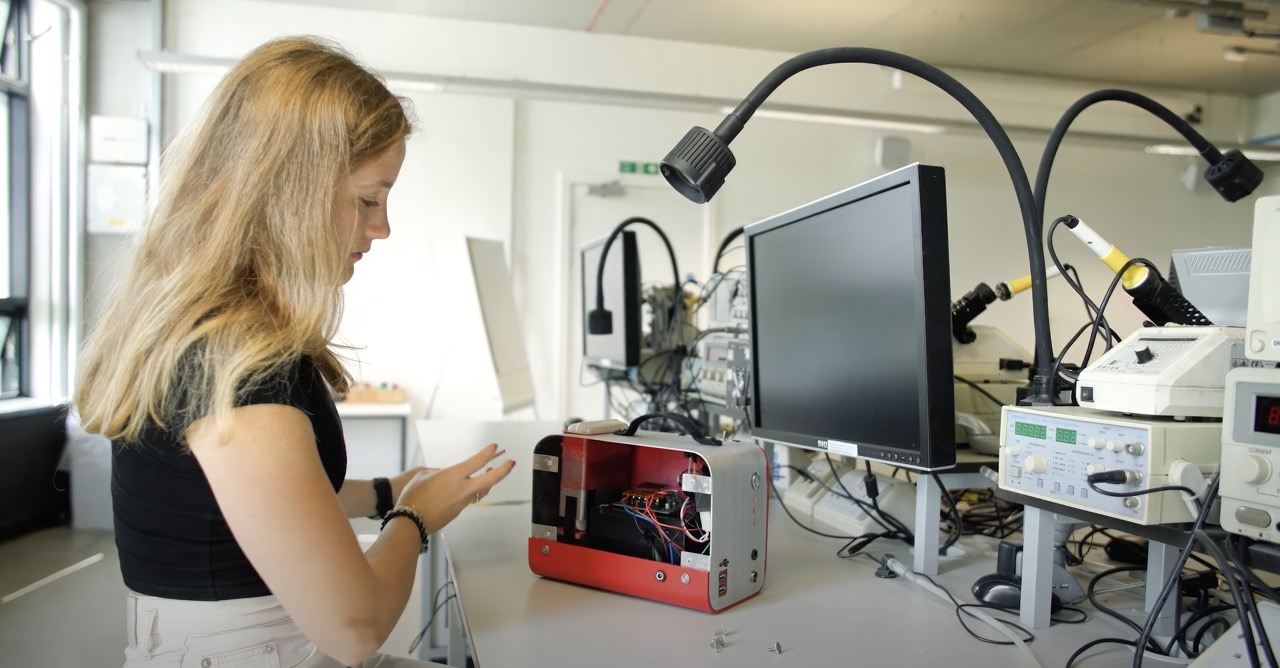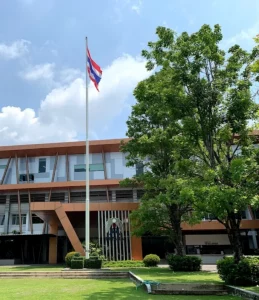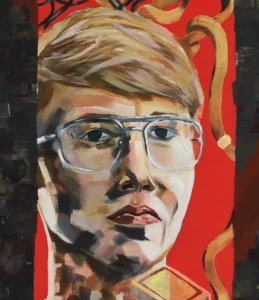
Heating Up Hope: An Innovative Project Tackling Heating Challenges in Refugee Camps
Grad’18, Sri Hollema, a Product Design graduate from Loughborough University, has developed Mat Zero, a heated mat powered by solar energy. Designed to improve the lives of refugees living in dire conditions.
PROJECT TACKLING HEATING
Sri Hollema, Grad’18
Many refugees all over the world live in dire conditions with limited access to basic needs such as food, water, shelter and warmth. These conditions can be exacerbated in refugee camps, where people have to share limited resources and rely on traditional methods of heating like fire. However, a Product Design graduate at Loughborough University, Bangkok Patana Grad’18 Sri Hollema, has come up with an innovative solution to help improve the quality of life for refugees in such camps.
Sri’s final year project at Loughborough University was aimed at creating a product that could address some of the challenges faced by refugees in camps. After conducting thorough research, Sri discovered that one of the biggest challenges faced by refugees was the lack of a safe and sustainable source of warmth.
To address this issue, Sri developed Mat Zero, a heated mat that uses solar energy to provide a safe and sustainable source of warmth for refugees. Mat Zero is battery-powered and can be charged through solar energy. The mat also has a battery level indicator, a charging facility for phones, emergency light and a control unit that makes it easy for the user to use and interact with the mat.
Mat Zero have successfully produced a pre-production prototype and tested it in the Energy House 2.0, proving the technology under real winter conditions. Mat Zero have also secured a grant for 2024 and launched the product at AidEx last October.
According to Sri, “My design process involved looking at different ways of creating heat. I generated a bunch of concepts, and then through iterative thinking and development, I decided to go with the heated mat, which is battery- powered and charged through solar.” Sri’s design process involved a lot of primary research and development, as she worked to create a product that would be easy to use, safe and sustainable.
The benefits of Mat Zero are numerous. Firstly, it provides a safe and sustainable source of warmth for refugees in camps. Secondly, it eliminates the need for traditional heating methods that can be dangerous and produce toxic fumes. Ultimately the mat is also more economical for NGOs, charities and UN organisations as the product has a multi-year service life and is designed to allow maintenance and repair.
Sri’s project is an inspiring example of how product design can be used to address real-world problems. Her innovation provides a solution that not only addresses the challenges faced by refugees but also promotes sustainable living. Mat Zero has the potential to make a significant impact on the lives of refugees all over the world.
Mat Zero has recently become a fully operational business and has obtained funding to enhance its product and in- troduce it to the market. You can visit their website www.matzero.com to learn more.
Source: YouTube: Loughborough University






